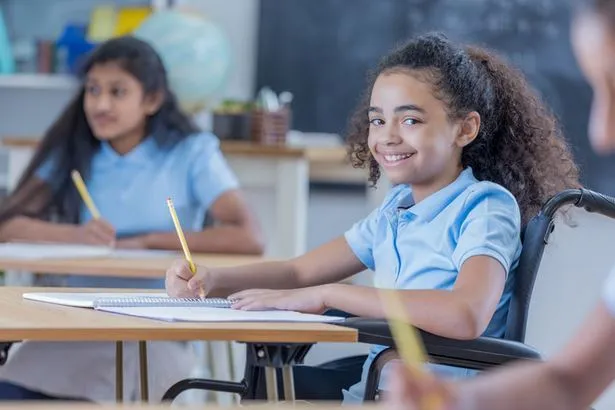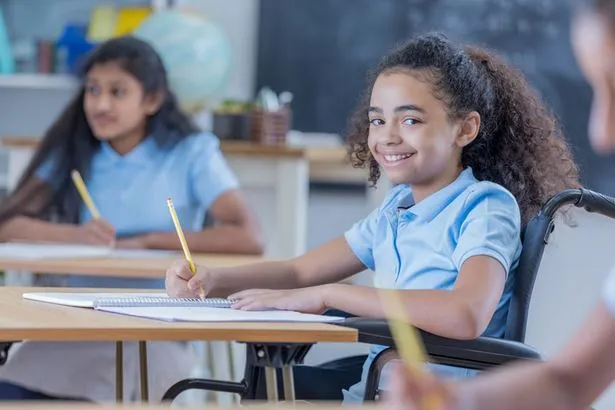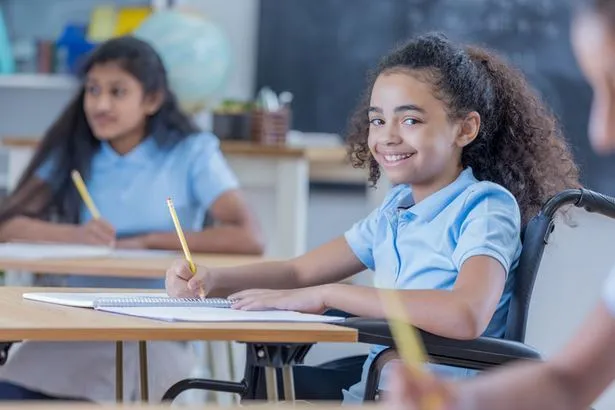Transcription Learning to listen
Listening may seem to be an involuntary skill, typical of most terrestrial species. For us as humans it has a leading role that is indispensable in the communicative processes and interrelational exchange. Listening is a natural process where we receive information from the interaction environment to then act or respond.
Using it as a method of orientation can also facilitate coherence in our actions. Hearing is an element of our five senses, but listening is a process of detailed analysis that only people with high standards of emotional intelligence possess. The good news is that this skill can be learned like everything else, but to incorporate it into our personality we must know its importance in communication and cultivate it.
Empathize and listen.
The main use of listening is to establish communicative relationships and to achieve this effectively we need to understand the person we are relating to. We share personal information constantly, therefore we establish an empathic relationship with our peers in order to understand their needs.
Taking an interest in the subject matter of the conversation is essential to understanding the essential idea of the conversation. Maintaining visual communication with our interlocutor guarantees us to get his or her attention and the opportunity to learn what we can learn.
Distractions.
Learning to communicate is an art that many people long to master as it can guarantee success in various areas of life, both personal and professional. The first step to having a good conversation is to avoid distractions.
Without realizing it, we tend to get distracted very easily and this is detrimental to any type of interpersonal relationship. If we start a communication and we do not pay enough attention, then we run the risk that the motivation of both people will be lost and the exchange will be hindered, ending without conclusion.
Open questions.
A factor that stimulates a good communication is the fact of formulating open questions; these facilitate to argue the information in a fluid way to those involved. Talking about all aspects of interest at the moment, developing the ability to empathize and share the experience can be one of the benefits of using this tool. On the other hand, closed or very specific questions lead to concrete and limited answers, turning the exchange into an unwanted interrogation.
Do not interrupt.
As part of the listening tools during the conversation, we maintain a relationship of respect for the time that the other person dedicates to us and therefore, to demonstrate this, we must avoid interrupting. Many people tend to introduce new topics in conversations without even letting the previous topic conclude and this usually causes an unfavorable impression for the person on the other side.
Something that becomes uncomfortable is when they talk about their own defects or achievements, centralizing the conversation in a defeatist way of thinking and lacking interest for the listener. From the moment we value the concerns of others, then they will value ours with the same importance.
Practice active listening.
Active listening may
learn listen




